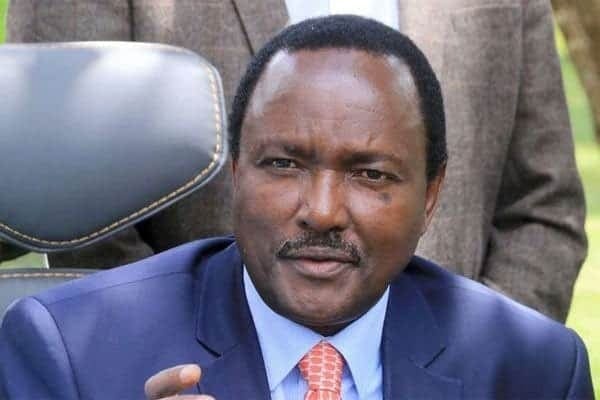
It’s plain and simple. If Cord Alliance intends to gain more support from the Kenyan diaspora in the US than it currently has, VP Kalonzo Musyoka is the wrong messenger to pitch its campaign message.
Appearing on the US-based Kenya Diaspora Radio a week ago, Kalonzo said Cord has “the best interest of the diaspora”, and that if the alliance forms the next government, its top agenda will be ensuring all citizens outside Kenyan borders vote in 2018.
Typical political spin – maybe – but the timing couldn’t be worse. Citing logistical, financial and time constraints, the cabinet voted last month to deny Kenyans in the diaspora – except those in EA community states – an opportunity to vote in the March 4, 2013 elections.
The government’s decision to lock out this constituency of voters has triggered outrage and disappointment in the diaspora community, and as such, kicking the can five years down the road is not a particularly exciting proposition to hundreds of thousands, perhaps millions, of voters who believed they would participate in the 2013 elections.
In a further appeal for support, Kalonzo pledged to “ensure more diaspora participation in the political and socio-economic affairs” of the country.
And, in a familiar twist, the sitting Vice President decried the government for marginalising the diaspora community.
His remarks exemplify the purest form of shifty philosophical positioning by our political leaders.
If Cord – or Jubilee alliance for that matter – paid attention to Kenyans in the diaspora worldwide, they would have noticed that politically, this community is perhaps the most issue-oriented groups in the country. Someone should pay attention to the polls.
According to an Infotrak poll conducted between September 23 and October 1, 2012, and released during the second Kenya diaspora conference in the Washington, DC area, 91 per cent of those surveyed in the US believed they would vote in the upcoming elections.
Asked which elective position they wanted to vote for, 99 per cent of respondents wanted to cast votes for president.
As for presidential leadership qualities, 55 per cent of respondents in the US prefer a candidate with a good track record while 31 per cent want a leader with a good manifesto and a convincing message.
Candidate’s intelligence or schooling stood at 13 per cent and, notably, candidate’s tribe was dismal at 1 per cent.
Driven by a desire to grasp both ends of conflicting issues, Kalonzo was trying to have it both ways on Saturday. First, he votes to deny diaspora their right to vote in November, and then in December promises to right ship by spearheading efforts so the same group can vote in five years.
For decades, Kalonzo has been part of the Kenya government. As VP, he is at the heart of government.
So, it’s insulting to Kenyans and the government he serves to authentically claim the diaspora has been marginalised by the Kenya government.
With this in mind, habitual flip-flopping and inconsistent positions on matters of national importance render Kalonzo the least effective campaign salesman. Given his political antics, undoubtedly, ‘watermelon’ is a befitting tag for the VP.
Amos Wasike is a freelance journalist based in Baltimore, Maryland, USA. Edward Musungu is a university lecturer in Nairobi.
Source:The Star







